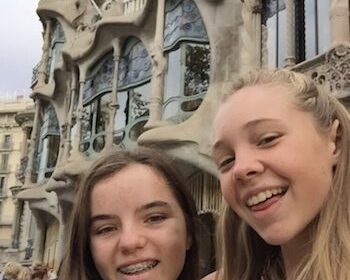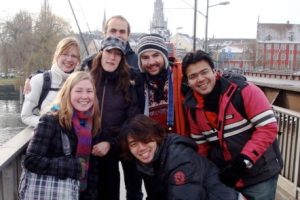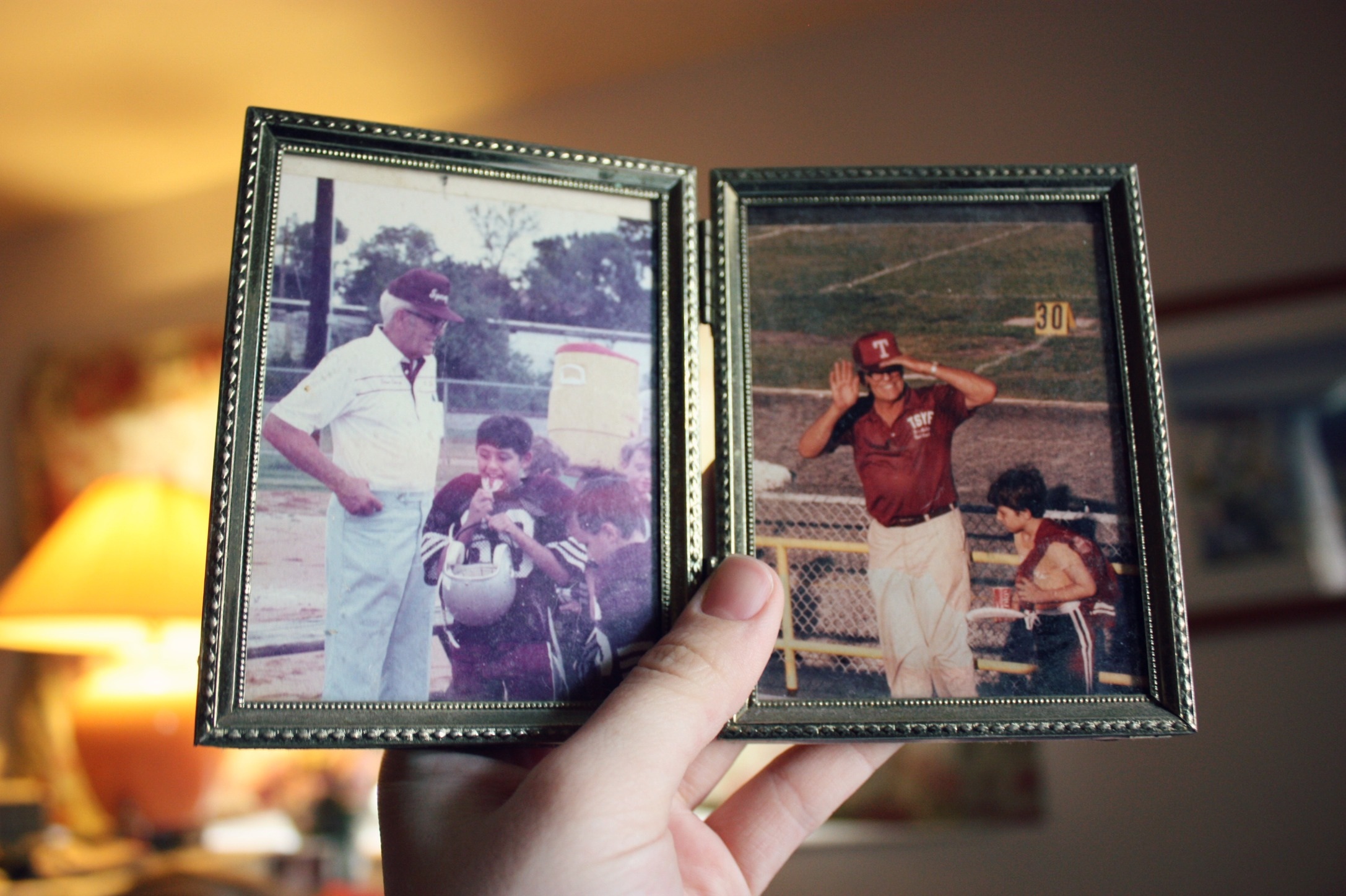According to the UN, family is “one of the fundamental pillars of society”
… But, we all know that nowadays there is no longer just one type of family, as it was the case for more than 2 or 3 decades: Nuclear and single parent family, homoparental families, echo families ….
Despite the growth in family types due to social evolution, there are cultural traditions and history in each nation that influence the form and essence of our family.
Numerous families, for example, are deeply rooted and related to religious themes. The one children family, as has been the case of China for years are types of families with specific characteristics and common traits from its core that mark the character of their children, future members of other families, to whom they will transmit their customs again:
But, how are families and their relationships
First relationships:
Parents and children: with each generational change this distance narrows, for that reason it seems more difficult to educate! The trust and closeness that we now have with children is not the same as we had with our parents, nor the one they had with their own. These distances are shortened.
Secondary relationships:
Grandparents: it is in this generation that the role of the grandparents has become so important and essential in some cases and more in times of crisis, where the help from grandparents has been fundamental. It is also a very positive relationship between innervations for grandchildren as well as for grandparents, both nurturing each other for love, time, understanding and help.
Third relationships:
Cousins and uncles: much closer relations in Mediterranean countries where the core of the family extends and joins family members. In countries like the United States, for example, tradition marks that children leave the nest when they finish school and go to college most of the times in a different state from the one they originally live.
In Psychology and Mind they talk to us about The 8 types of Families and their characteristics indicating the importance of the family in the emotional well-being of its members. This has been of scientific interest during the last decades.
Monografias.com speaks of another point of view of the family, in addition to emphasizing an institution of values, norms, customs etc. It talks about ways to be family: rigid, permissive, child-centered, etc. … an interesting and curious approach as these models also transmit their values and customs to a changing society.
In short, it is precisely the plurality that enriches the term family.
There is no single model. Just as there is multiculturalism there is a multiplicity of family models. And what unites them is that common point that we find in their values such as coexistence, sharing, respect, living in community, in generosity … Values that we internalize and are part of our being, above any other that could provide a different nucleus.
We leave this video of the importance of the family in the world today via MARTIM D on Youtube




